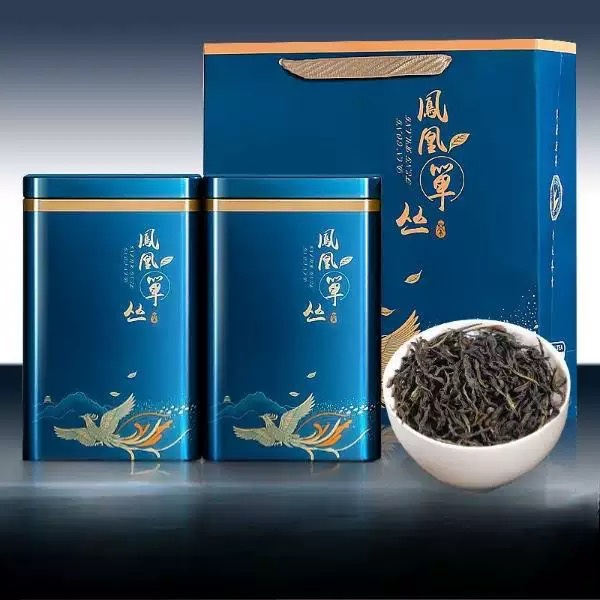
# Oolong Tea’s Impact on Metabolic Health
## Introduction
Oolong tea, a traditional Chinese tea that falls between green and black tea in oxidation levels, has gained significant attention for its potential benefits on metabolic health. This semi-oxidized tea contains a unique combination of polyphenols, catechins, and other bioactive compounds that may influence various aspects of metabolism.
## Understanding Metabolism
Metabolism refers to all the chemical processes that occur within our bodies to maintain life. These processes include:
– Energy production from nutrients
– Breakdown of molecules for energy
– Synthesis of compounds needed by cells
– Elimination of metabolic waste products
A healthy metabolism is crucial for maintaining proper weight, energy levels, and overall well-being.
## How Oolong Tea Affects Metabolism
### 1. Thermogenic Properties
Oolong tea contains caffeine and polyphenols that may increase thermogenesis – the process by which your body burns calories to produce heat. Studies suggest that regular consumption of oolong tea can increase energy expenditure by 3-10%.
### 2. Fat Oxidation Enhancement
The polyphenols in oolong tea, particularly theaflavins and catechins, may enhance fat oxidation. Research indicates that drinking oolong tea can increase fat burning by up to 12% compared to water alone.
### 3. Blood Sugar Regulation
Oolong tea may help regulate blood sugar levels by improving insulin sensitivity. The antioxidants in oolong tea appear to help cells respond better to insulin, potentially reducing the risk of type 2 diabetes.
Keyword: Oolong Tea and Metabolism
### 4. Gut Microbiome Support
Emerging research suggests that oolong tea may positively influence the gut microbiome, which plays a crucial role in metabolism. The polyphenols in oolong tea may promote the growth of beneficial bacteria while inhibiting harmful ones.
## Scientific Evidence
Several studies have examined oolong tea’s metabolic effects:
– A 2001 study published in the Journal of Nutrition found that oolong tea consumption increased energy expenditure and fat oxidation in healthy men.
– Research from 2003 in Diabetes Care showed that oolong tea improved glucose metabolism in type 2 diabetic patients.
– A 2009 study in the Chinese Journal of Integrative Medicine demonstrated that oolong tea helped reduce body weight and body fat in obese subjects.
## Practical Recommendations
To potentially benefit from oolong tea’s metabolic effects:
– Drink 2-3 cups of oolong tea daily
– Choose high-quality, loose-leaf varieties when possible
– Brew at 185-205°F (85-96°C) for 1-3 minutes
– Avoid adding excessive sugar or sweeteners
– Consume between meals for optimal absorption
## Potential Considerations
While oolong tea is generally safe for most people, some considerations include:
– Caffeine sensitivity (oolong contains moderate caffeine levels)
– Possible iron absorption interference (consume between meals)
– Medication interactions (consult your doctor if taking medications)
## Conclusion
Oolong tea appears to offer multiple potential benefits for metabolic health, from enhancing fat burning to improving blood sugar control. While not a magic solution, incorporating high-quality oolong tea into a balanced diet and active lifestyle may support healthy metabolism. As with any dietary change, it’s best to consult with a healthcare professional, especially if you have existing health conditions.